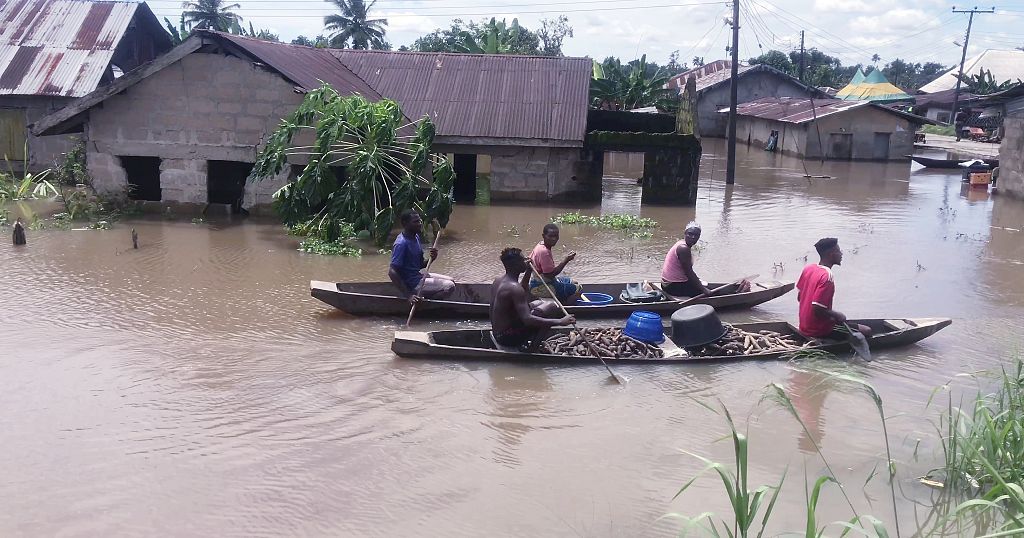Fear has gripped residents of no fewer than 84 communities across eight Local Government Areas of Anambra State ahead of the anticipated 2025 flood season, as farmers and community leaders lament what they describe as government inaction and lack of preparedness.
The residents allege that no visible efforts have been made by the state government to avert the impending disaster, with no early warning systems, temporary holding camps, or on-the-ground assessments initiated, despite recurring annual flooding in the region.
Communities most at risk span across Ogbaru, Ayamelum, Onitsha South (partially), Ihiala, Ekwusigo, Anambra East, Anambra West, and Awka North local government areas.
Their fears have been heightened by early signs of flooding already reported in parts of Northeastern Nigeria, with expectations that runoff waters will soon flow down into the Southeast.
Speaking on behalf of affected farmers, Comrade Chris Okwuosa, Chairman of the Children of Farmers Club from Umuzu (in both Ogbaru and Ihiala LGAs), said:
“During every flood disaster, both the Federal and State Governments are caught napping. They never take early measures to avert or even reduce the devastation.”
“In my town, which belongs to two local governments Ogbaru and Ihiala no chairman has visited in the last seven years. Four years ago, over 250 people were trapped for a month without relief materials or medical help.”
Also speaking, Mr. Clement Igwilo, a fish farmer and piggery owner in Omor, Ayamelum LGA, said farmers have already resigned to fate.
“By now, there should have been early interventions, visits from local government chairmen, distribution of farm support, or even proper drainage work. But nothing has been done,” he said. “We’ve been abandoned.”
At the Inoma Market in Anambra West LGA, Mrs. Nkechi Nwokoye, a trader, described the situation as “a total neglect” by both state and federal governments.
“Every election, they come here with promises. But once the flood comes, they vanish. There’s no food, no shelter, no support. Afterward, we’re not even given seedlings or cassava stems to start the next farming season.”
“People die of cholera and other diseases. The health centers have no doctors, no drugs. Even getting mosquito nets or bedding is a problem.”
She warned that the state government must act before it’s too late, adding:
“They should stop waiting until the floods arrive to start distributing noodles that only last two days. Then they go on TV and say they’ve done everything. It’s not enough.”
Community leaders and residents are calling for urgent government intervention in the form of early warnings, flood defenses, relocation shelters, and farm recovery plans, warning that anything short of decisive action would lead to avoidable loss of lives and livelihoods.














